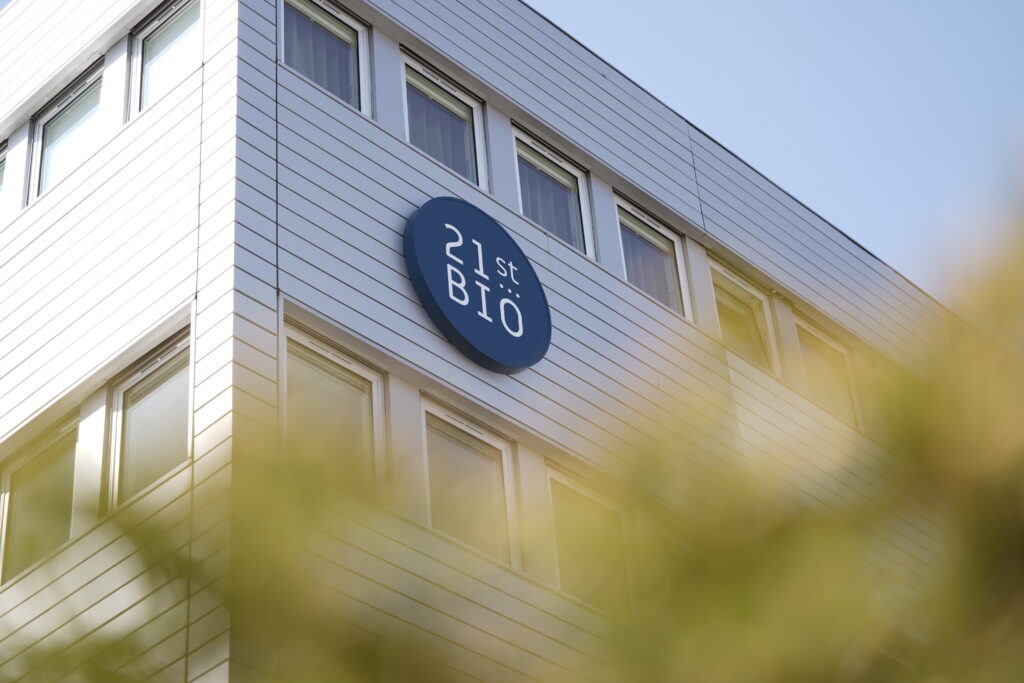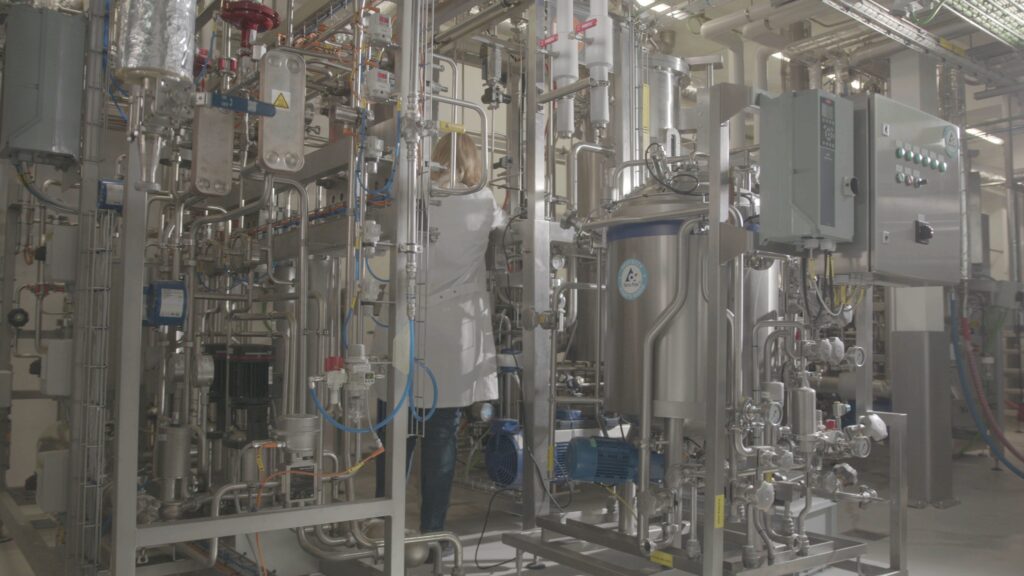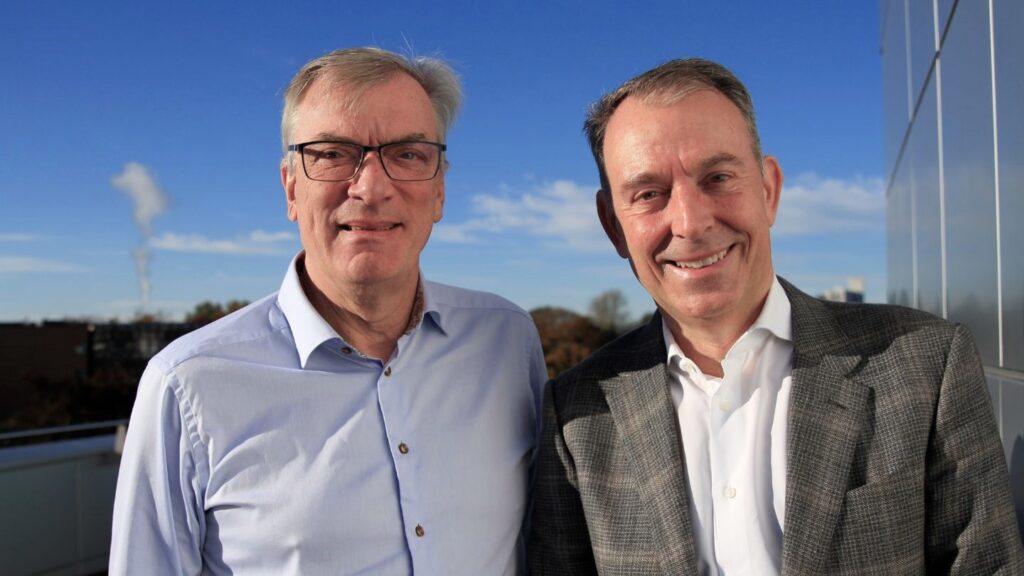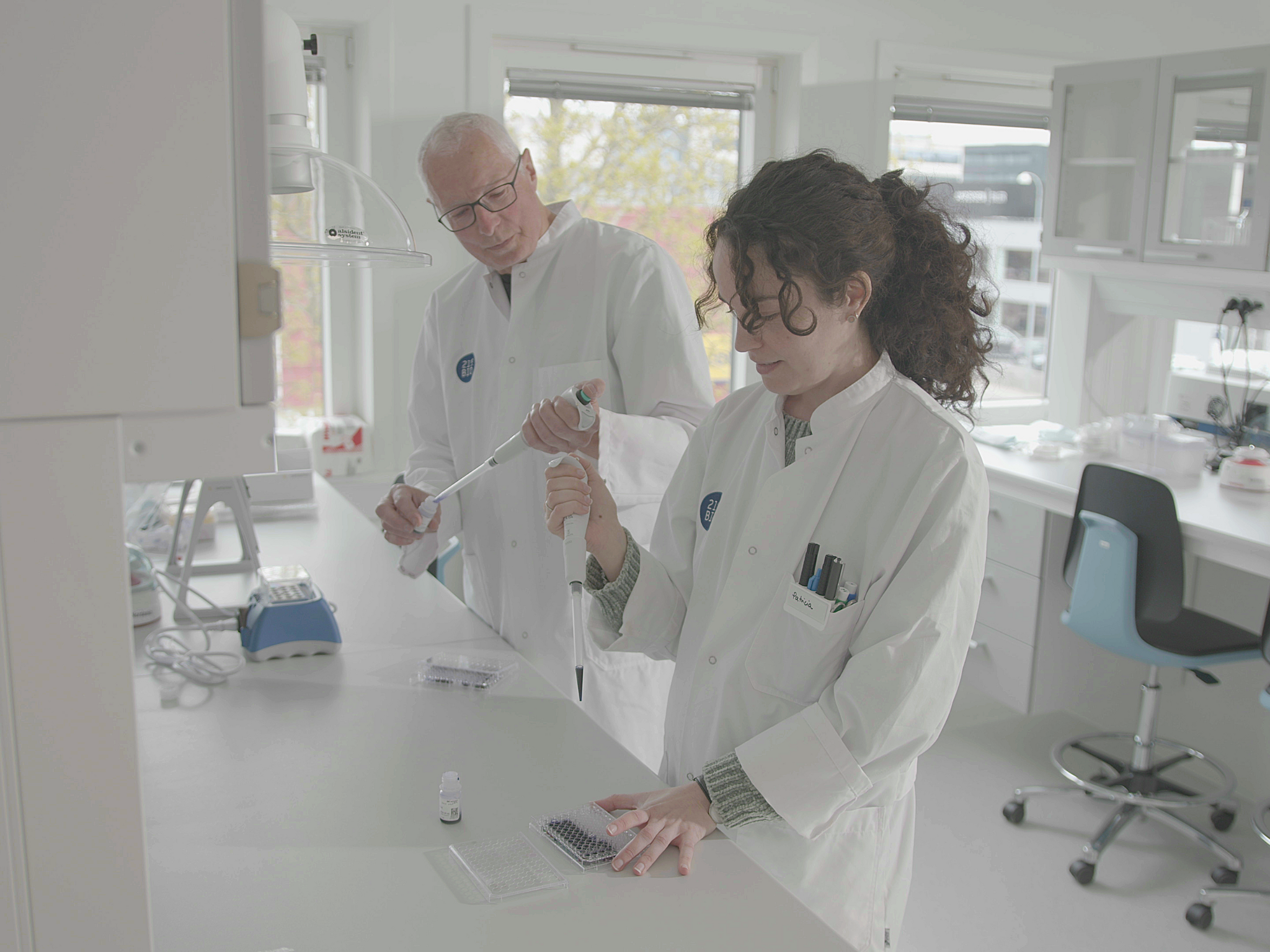21st.Bio Earns Self-Affirmed GRAS Status in US for Precision-Fermented Whey Protein
6 Mins Read
Danish bioproduction company 21st.Bio has secured self-determined GRAS status for its animal-free beta-lactoglobulin in the US, paving the way for market entry.
Labelling itself as a “launchpad for proteins produced with precision fermentation”, 21st.Bio’s recombinant whey protein is entering the US market, following its self-affirmed Generally Recognized as Safe (GRAS) in the US.
The Danish company’s animal-free beta-lactoglobulin, called BLG Essential+, has already attracted “considerable” interest from food producers in the country, which can now start selling products made from the ingredient.
“We have experience in the GRAS process and our technology has a strong track record of being safe. Therefore, we know what is expected to deliver a safe product and make proper documentation,” 21st.Bio co-founder and CEO Thomas Schmidt tells Green Queen.
“We appreciate that the GRAS process is transparent and allows for an informed and constructive dialogue. Following the self-affirmation, 21st.Bio has submitted a GRAS notification,” he adds.

Notifying the Food and Drug Administration is seen as a longer process that involves extensive reviews by the agency and is seen as an even more robust form of approval – but self-determination entails compliance with FDA requirements, so businesses can still sell their product.
Schmidt outlines 21st.Bio’s ambition to help clients with application, business development, low-cost production, and innovation. It does so by derisking product development and supporting customers with strain development, fermentation processes, purification protocols, pilot production, upscaling guidance, as well as regulatory approvals.
A technology with decades of development
Founded in 2020 by Schmidt and CSO Per Falholt, 21st.Bio licences part of its precision fermentation technology from biosolutions giant Novonesis (formerly Novozymes).
“We have an exclusive license to probably the world’s most advanced expression technology developed through decades by Novozymes,” explains Falholt. “Our strains have been optimised for over 40 years and are already used to manufacture countless products for the market, particularly in the food industry.”
“For beta-lactoglobulin, we have optimised a filamentous fungus from our technology platform that results in very high titers of the protein. We believe that this will be the winner in the market. Today, we continuously improve our production strains and processes, ensuring the highest possible titers for our customers to stay ahead of the market [in the] long term,” he adds.
21st.Bio, which opened a pilot plant in Copenhagen with a fermentation capacity of 3,000 litres, has leveraged these capabilities to go from the initial development of its strain and production process to regulatory approval in less than two years.

Its unique business model involves offering its technology to companies, which can manufacture the protein and develop products for the market. The BLG Essential+ ingredient can be produced via a “relatively standard fermentation process”, followed by “some simple filtration and polishing steps”, according to Schmidt.
“21st.Bio supports our customers to get the protein to large-scale production by using our highly performing production strains, the production and downstream processes we have developed, and receiving guidance to take their production to an industrial scale,” says Schmidt.
“In parallel, 21st.Bio continues to optimise both the strain and the processes. In that way, we make sure that our customers are always at the forefront of the market – cost and quality-wise. And we let our customers focus on effective protein manufacturing and developing tasty products filled with high-quality nutrition.”
Betting on beta-lactoglobulin’s health and functional properties
Beta-lactoglobulin is the major whey protein found in cow’s and sheep’s milk, comprising 65% of dairy’s whey content. It is said to be nutritionally superior to most proteins, and has gelling, foaming and emulsification properties that improve the mouthfeel and texture of a range of food and beverage applications.
Several precision fermentation companies are choosing to focus on this protein, including Californian pioneer Perfect Day, Israel’s Remilk and Imagindairy, as well as Dutch startup Vivici. The former three have all received a ‘no questions’ letter from the FDA, and Vivici is expecting one by the end of the year too.
Beta-lactoglobulin contains a larger amount of essential and branched-chain amino acids than other whey proteins. For example, it has 45% more leucine – an important element for muscle synthesis – than commercially available whey protein isolates.
The protein is also tasteless, stable across a wide pH range, and heat-tolerant. 21st.Bio expects BLG Essential+ to be incorporated into foods like dairy alternatives and baked goods, as well as nutrition products for sports, weight management, and clinical and elderly health.

“Our product can be in powder form and liquid, depending on the application,” notes Schmidt. “Some manufacturers may choose to use the concentrated liquid protein directly in their nutritious formulations, as the protein is very soluble and has broad flexibility in product formulations. Some may need the protein in powder form for their solid or powder formulations.”
21st.Bio is helping its clients scale up production to full-scale manufacturing. While it isn’t disclosing its partners, Schmidt says several companies are engaged in its beta-lactoglobulin development programme. “Our customers can span from food tech startups, to food ingredient manufacturers, dairy companies, and food and beverage manufacturers,” he adds.
Asked about the protein’s costs, Schmidt explains that the fermentation tech his company offers hasn’t previously been used to produce bulk proteins. “The technology has been developed over decades and optimized in a way that enables us at 21st.Bio to deliver high productivity much faster than competitors,” he says.
“That is how we empower our customers to lead the cost curve when they manufacture with our technology. We deliver better results faster – and continue to optimise and release improved versions to our customers.”
Sustainability and investments deliver wins for fermentation
21st.BIO is concurrently working on many different projects with customers in nutrition, biomaterial, agriculture, and even biomining sectors, but BLG Essential+ is the first food protein from a larger portfolio of ingredients it intends to bring to market.
“In food, in addition to beta-lactoglobulin, we are looking into developing precision fermentation production technology for a portfolio of dairy proteins, including caseins,” says Falholt. “We are also working on several other innovations via our customer-exclusive development projects, working for one specific customer.”
Touching upon life-cycle assessments (LCA) for its protein, Schmidt says these are better done by the clients who manufacture the whey with its production tech, in order to “encompass the full process”.
“Fermentation technology has already in several studies shown to be far more efficient than animal production, both in terms of CO2 emissions, water, energy and land use,” he notes. For example, an independent LCA of Perfect Day’s beta-lactoglobulin found that it produces up to 97% fewer greenhouse gas (GHG) emissions, uses up to 99% less water, and requires 29-60% less energy than conventional whey.

“Further, there is a massive potential for further optimising the production processes in terms of re-usage of energy, biomass, etc., once one of few players is producing bulk protein with precision fermentation at a large scale. This is underway in several regions,” adds Schmidt.
“We already have robust revenue on projects that will take customers to market with real products,” he says. “And we have further with this capital established our R&D sites in Davis, California and Denmark, including a pilot capacity with tanks up to 1,200 litres.”
European fermentation startups are becoming increasingly attractive to investors, who poured more money into this sector in the first six months of 2024 than all of 2023. In 2021, Novo Holdings – the parent company of Novonesis (and Ozempic producer Novo Nordisk) – pledged to invest €86M $97M (at the time) in 21st.Bio, against an ownership share.
“The next funding round will be used for further scaling the business globally, and solidifying our footprint across several industries that are in demand for products produced sustainably with biology,” says Schmidt.



